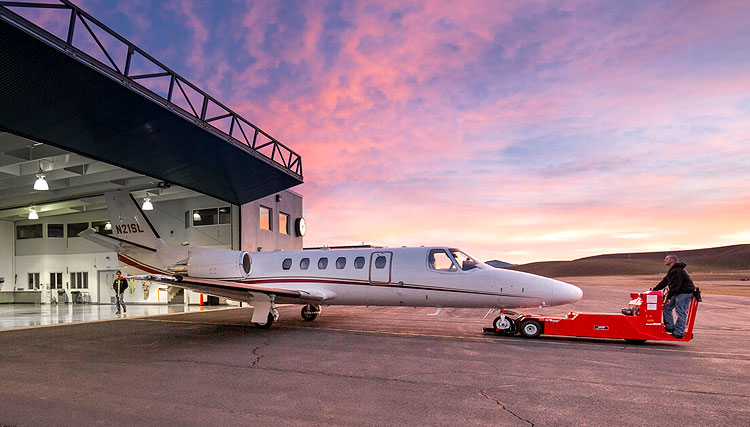INDIAN ARMED FORCES CHIEFS ON OUR RELENTLESS AND FOCUSED PUBLISHING EFFORTS

The insightful articles, inspiring narrations and analytical perspectives presented by the Editorial Team, establish an alluring connect with the reader. My compliments and best wishes to SP Guide Publications.

"Over the past 60 years, the growth of SP Guide Publications has mirrored the rising stature of Indian Navy. Its well-researched and informative magazines on Defence and Aerospace sector have served to shape an educated opinion of our military personnel, policy makers and the public alike. I wish SP's Publication team continued success, fair winds and following seas in all future endeavour!"

Since, its inception in 1964, SP Guide Publications has consistently demonstrated commitment to high-quality journalism in the aerospace and defence sectors, earning a well-deserved reputation as Asia's largest media house in this domain. I wish SP Guide Publications continued success in its pursuit of excellence.
- Indian Air Force Aims for Full Indigenous Inventory by 2047 — Air Chief Marshal A.P. Singh
- Rajnath Singh assumes charge as Defence Minister for the second consecutive term
- Interim Defence Budget 2024-25 — An Analysis
- Union Defence budget 2024
- Prime Minister Modi Flies in the LCA Tejas
- New Chapter in India-Italy Defence Ties
- Airpower beyond Boundaries
VBACE 2020
 DAY 1
DAY 1
2020’s regulations and planning for aircraft acquisition
VBACE 2020 sessions look at the pandemic’s economic and legislative impacts as well as tax benefits for aircraft ownership.

Pretty much like anything else, the pandemic has also been largely at the forefront of legislative and regulatory agenda for 2020, VBACE 2020 day 1 highlighted. Looking from a legislative perspective, the goal has been to keep businesses open, while the regulatory priority has been keeping operations going, the presented noted during a session on Legislative and Regulatory Hot Topics during VBACE 2020. The economic impact of COVID-19, workforce development efforts and the proposed pilot records database (PRD) were among other highlights.
NBAA’s Senior Vice President of Government Affairs Christa Lucas and Vice President of Regulatory and International Affairs Doug Carr, conducted the session with Alex Gertsen, NBAA’s director of airports and ground infrastructure moderating it.
Carr shared an update on the Federal Aviation Administration’s (FAA) recent PRD proposal, saying the association’s previous work with the FAA, including participation on an Aviation Rulemaking Committee, wasn’t reflected in the agency’s proposed rulemaking.
Looking ahead to 2021, Lucas said she anticipates a new focus on infrastructure spending and sustainability while Carr said he expects the FAA to continue its efforts in advanced air mobility and unmanned aircraft systems.
Economic relief and recovery efforts such as the Payroll Protection Program and the Coronavirus Aid, Relief and Economic Security (CARES) Act, which have assisted businesses in maintaining staffing levels, while the FAA has helped companies continue operations by allowing extensions to certain medical, testing and checking activities was put forth under legislative responses.
The session also highlighted the pandemic as an opportunity for the industry to catch up on workforce shortages. Meeting workforce demand and diversifying the workforce are important missions with NBAA led efforts to pass the Promoting Service in Transportation Act, which focuses on public service announcements encouraging young people to pursue careers in transportation segments, as the industry strives to reflect the population as a whole.
Looking ahead to 2021, Lucas said she anticipates a new focus on infrastructure spending and sustainability while Carr said he expects the FAA to continue its efforts in advanced air mobility and unmanned aircraft systems.
“An aircraft is unlike any other asset you’re ever going to own as far as tax planning goes,” said Houck noting that the FAA and federal regulations for aircraft ownership can contradict tax rules for most business assets.
In another session tax experts Julianne Christensen and Angel Houck, co-founders of Houck & Christensen CPAs highlighted that planning is key to navigating the complexities of any aircraft purchase and avoiding the potential of costly errors. The session, Top Tax Benefits and Limitations for Aircraft Ownership and Operation was moderated by NBAA senior director for government affairs Scott O’Brien.
“An aircraft is unlike any other asset you’re ever going to own as far as tax planning goes,” said Houck noting that the FAA and federal regulations for aircraft ownership can contradict tax rules for most business assets.
Christensen further explained during the session that first, a tax team justifies the use of an aircraft in the ordinary and necessary course of business. Then tax planning proceeds to how the cost of the aircraft is deducted. “Annual deductions for assets are usually defined by the IRS, but owners of new and used aircraft currently have access to bonus depreciation. Under the Tax Cut and Jobs Act, owners have the option until 2023 to claim the full cost of an aircraft acquisition in the first year of operation.”
Taxpayers also should understand the obligations of aircraft ownership before proceeding with a transaction, noted Christensen.





